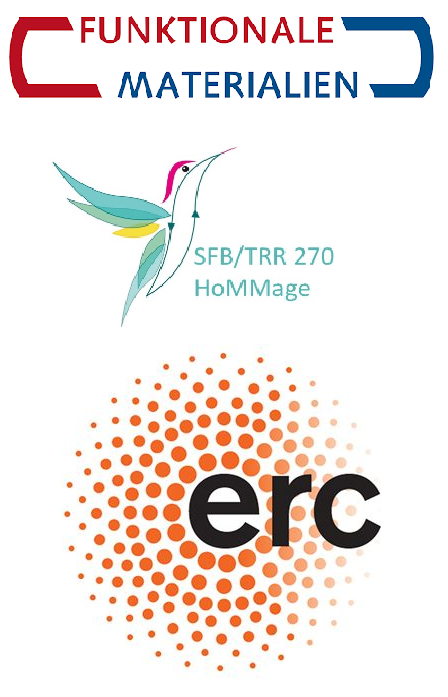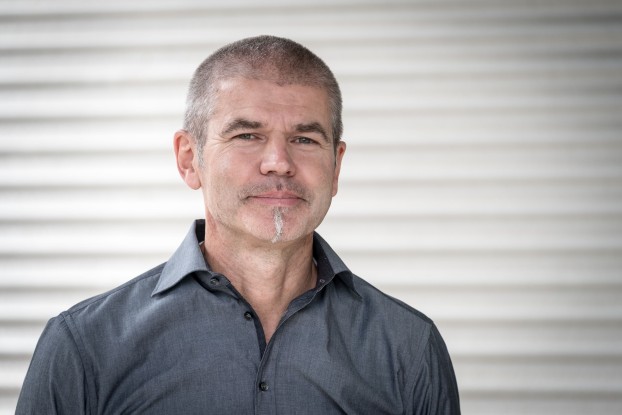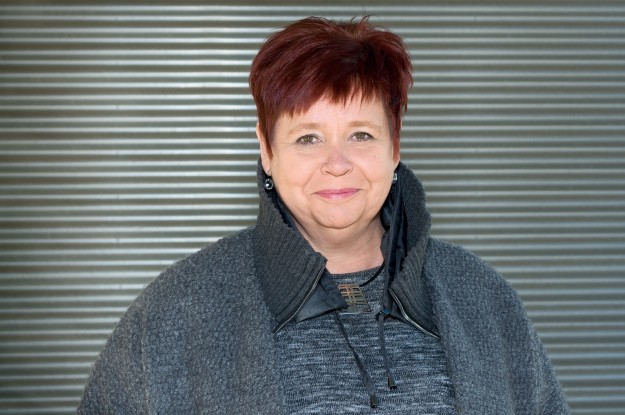Arc melting is used to melt samples on a laboratory scale in a protective atmosphere. In addition, alloys with a high melting point can be produced. The rapid cooling rate enables the formation of metastable phases or the desired microstructure.
Technical specification
- Temperatures up to 3500°C
- Up to 20 g samples per batch
- Conventional water cooled melting crucible and suction casting option
- In cooperation with Fraunhofer IWKS arc melting up to 500 g possible




